Rio de Janeiro | October 30, 2025 -What began as a state operation to reclaim gang-controlled territories in Rio de Janeiro has ended in one of the deadliest police actions in Brazil’s modern history.
At least 121 people were killed, according to official figures — a number that continues to rise as authorities sift through debris, morgues overflow, and terrified families line up to identify the bodies of loved ones. For many in Rio, this was not a law-enforcement victory. It was a mass killing, carried out under the banner of “Operation Containment” — a mission that spiralled into chaos inside some of the city’s poorest and most neglected communities.
The Operation That Ignited a Firestorm
The raid unfolded in the early hours of October 28, when nearly 2,500 armed officers — including military police, tactical squads, and special operations units — stormed the Complexo da Penha and Complexo do Alemão favelas, two sprawling neighbourhoods long associated with the Comando Vermelho (Red Command) gang.Residents say the first gunshots began before dawn. Within hours, the favelas were surrounded by armoured vehicles and helicopters. By midday, the operation had escalated into a full-blown urban siege.
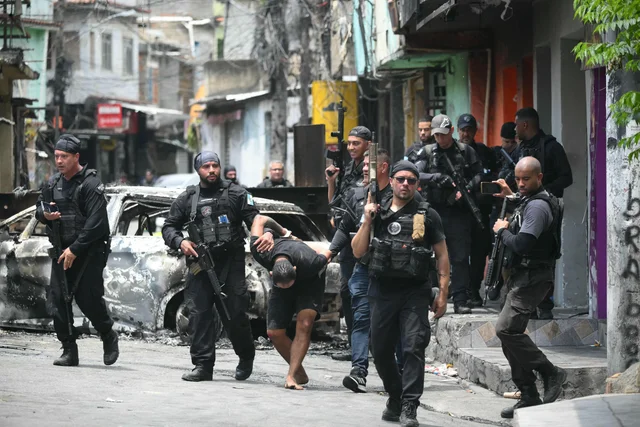
Officials said the objective was to dismantle the Red Command’s drug routes and arrest senior gang operatives. But what unfolded was far from a targeted strike — it was indiscriminate violence on a staggering scale.By evening, bodies lay scattered across narrow alleys and rooftops. Residents filmed videos showing uniformed officers dragging corpses, some already covered in white sheets, others left in open view for hours.Local health officials confirmed that four police officers were also killed, but the overwhelming majority of the dead were civilians or alleged gang affiliates.
The Public Defender’s Office of Rio estimates the true death toll could exceed 130 once all bodies are accounted for.
A morgue worker at the Instituto Médico Legal (IML), who spoke anonymously, said,
“We stopped counting after 120. Many of the bodies arrived with multiple gunshot wounds — head, chest, face — execution-style.”
Rio state governor Cláudio Castro defended the raid as a “necessary measure” to confront “narco-terrorism” that had overtaken large portions of the city.
“This was not an operation against residents; it was an operation against crime,” Castro said at a press conference. “Our officers faced heavily armed resistance. The state cannot surrender its sovereignty to gangs.”
President Luiz Inácio Lula da Silva, however, appeared visibly shaken during a national address.
“The death of 121 Brazilians cannot be normalised,” he said. “The fight against crime cannot mean war against the poor.”
The federal government has since ordered an independent investigation, promising to review the legality and proportionality of the tactics used.Accounts gathered by White Horse Daily paint a grim and contradictory picture.Residents describe homes raided without warrants, men pulled from their houses and executed in alleys, and ambulances blocked from entering conflict zones for nearly 12 hours.In one case documented by human-rights observers, a teenager was shot while trying to protect his younger sister. His body was later tagged as a “suspect killed in confrontation.”
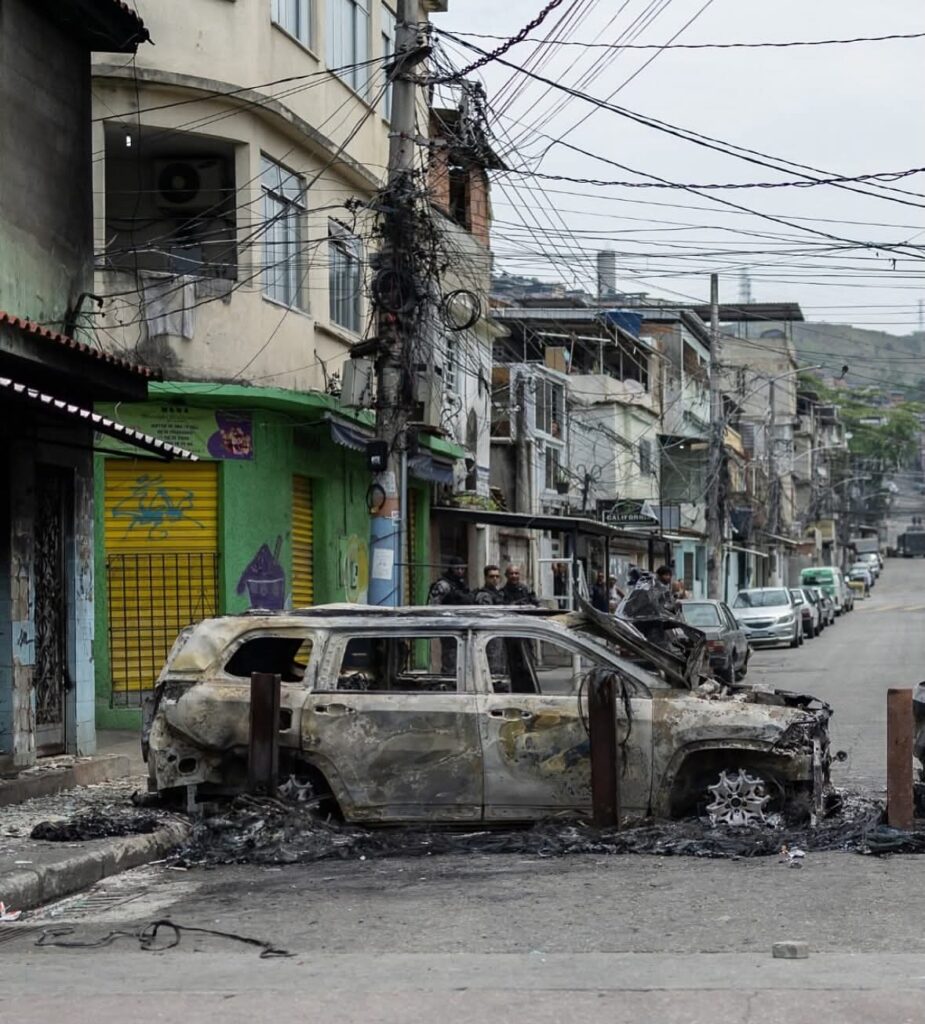
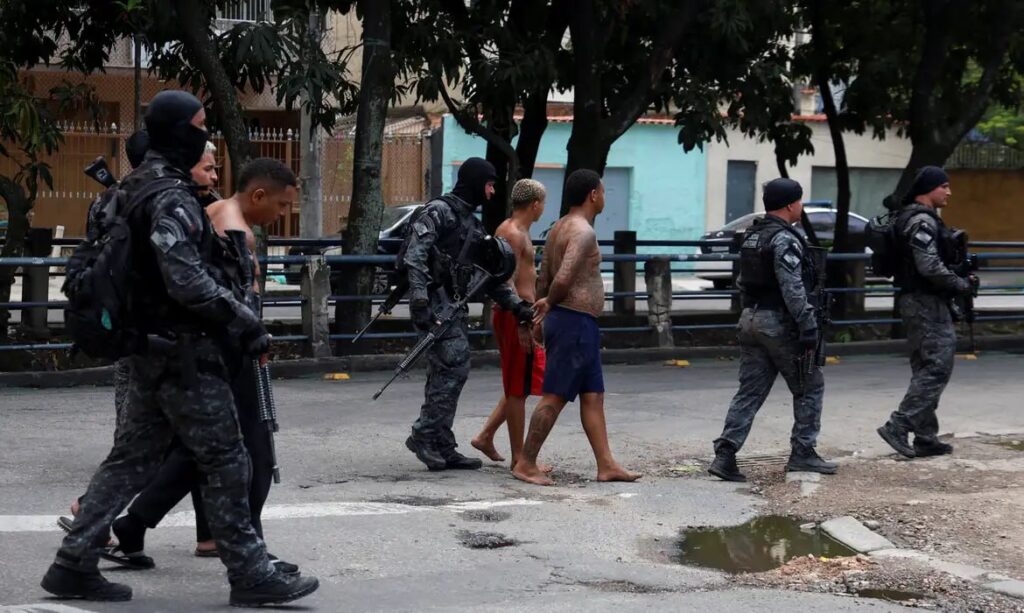
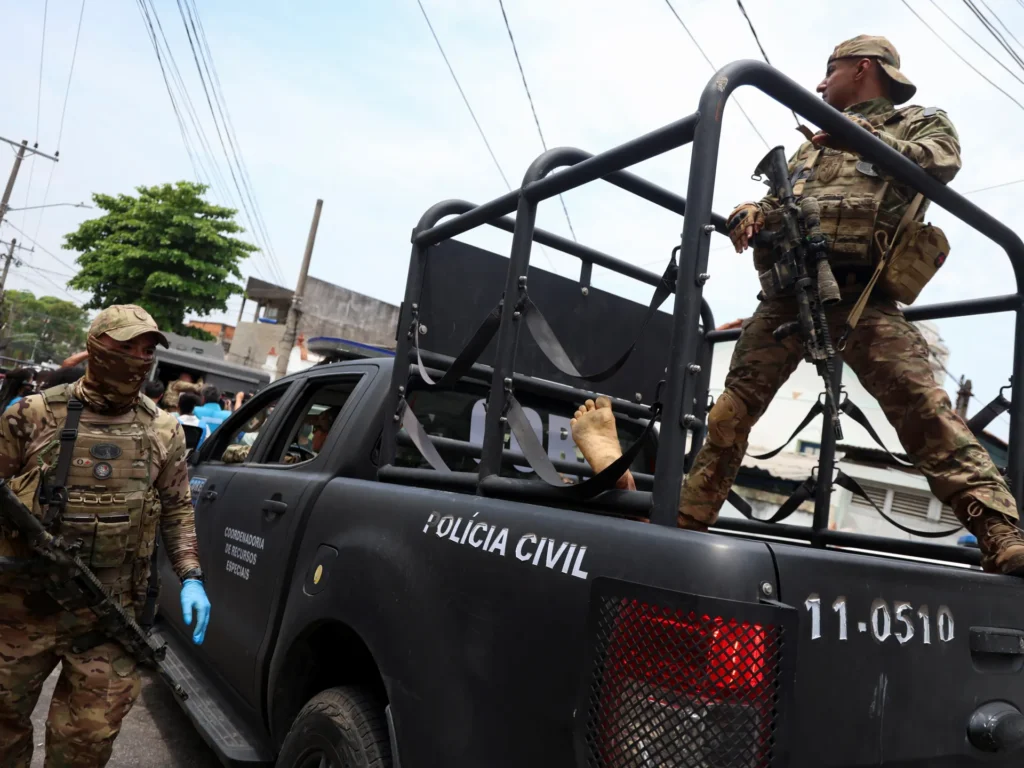
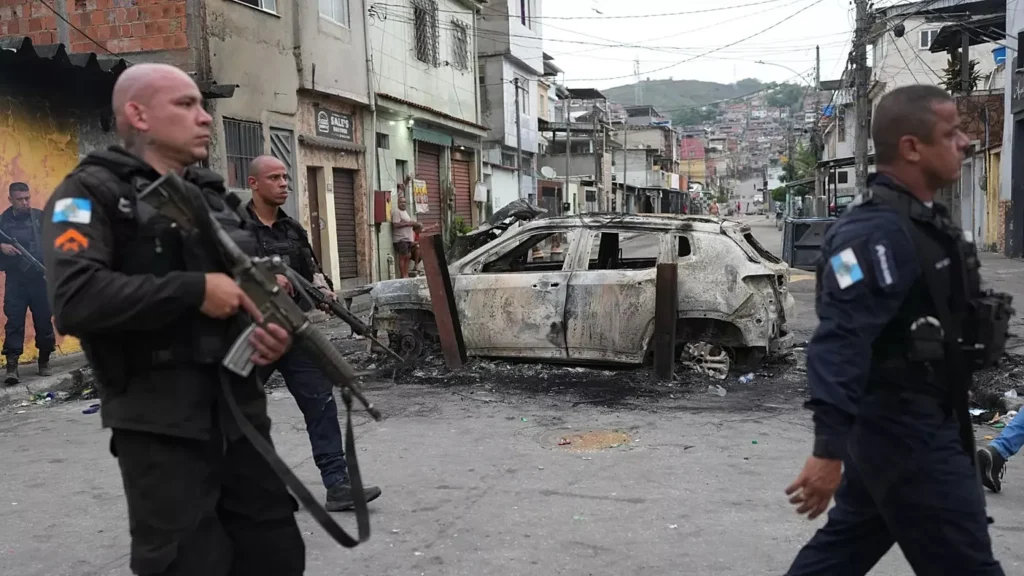
Multiple witnesses allege that officers tampered with crime scenes, placing weapons next to bodies to justify shootings. Such claims are consistent with past patterns in Rio’s “war on crime,” where police killings often go uninvestigated.
Human-rights organisations including Amnesty International and Human Rights Watch have condemned the operation, calling it “a massacre under the guise of law enforcement.”
The United Nations Office of the High Commissioner for Human Rights said it was “deeply disturbed” by the scale of fatalities and urged Brazilian authorities to ensure accountability.
This isn’t the first time Rio’s police have faced accusations of brutality.
In 2021, a raid in the Jacarezinho favela left 28 people dead — previously the city’s deadliest operation. Now, that record has been shattered.
Despite promises of reform, police killings in Brazil remain among the highest in the world, averaging nearly 6,000 deaths per year, according to the Brazilian Public Security Forum.
Experts argue that heavy-handed raids have failed to dismantle gang networks — instead deepening mistrust between police and residents.
“You cannot pacify communities through collective punishment,” said sociologist Carla Nogueira from the Federal University of Rio. “Every death today breeds another generation of anger tomorrow.”
As international outrage grows, Brazil’s Ministry of Justice has formed a special commission to investigate whether police violated human-rights laws.Meanwhile, Governor Castro has refused to suspend further operations, insisting they will continue “until the last criminal is neutralised.”Legal experts say that without transparency and reform, such raids will continue to blur the line between policing and warfare.
For Rio’s favelas, long trapped between gangs and government guns, the question now isn’t who controls their streets — it’s who protects their lives.
Editorial Note — White Horse Daily
This investigation is part of our ongoing series on Urban Conflict and Policing in Latin America. White Horse Daily stands with independent journalists and human-rights defenders seeking truth amid silence.


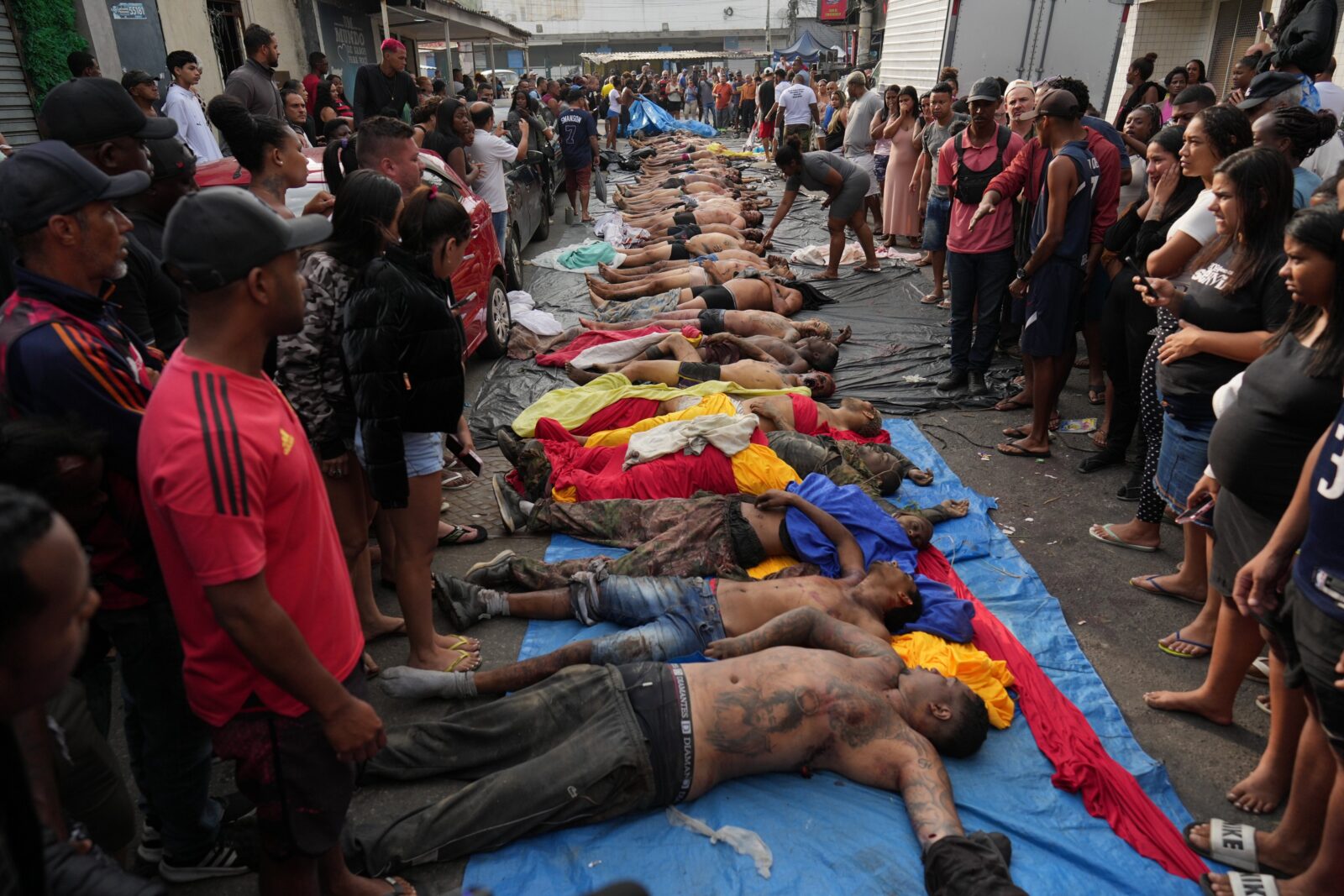


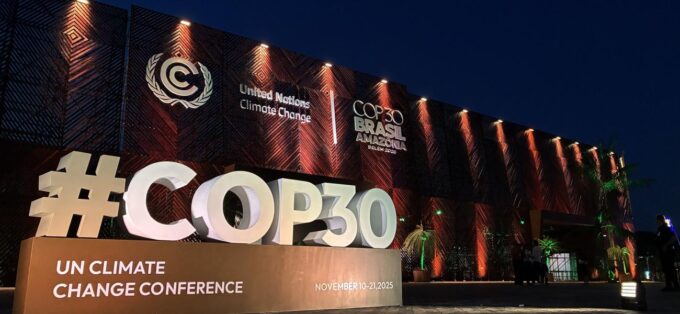





Leave a comment